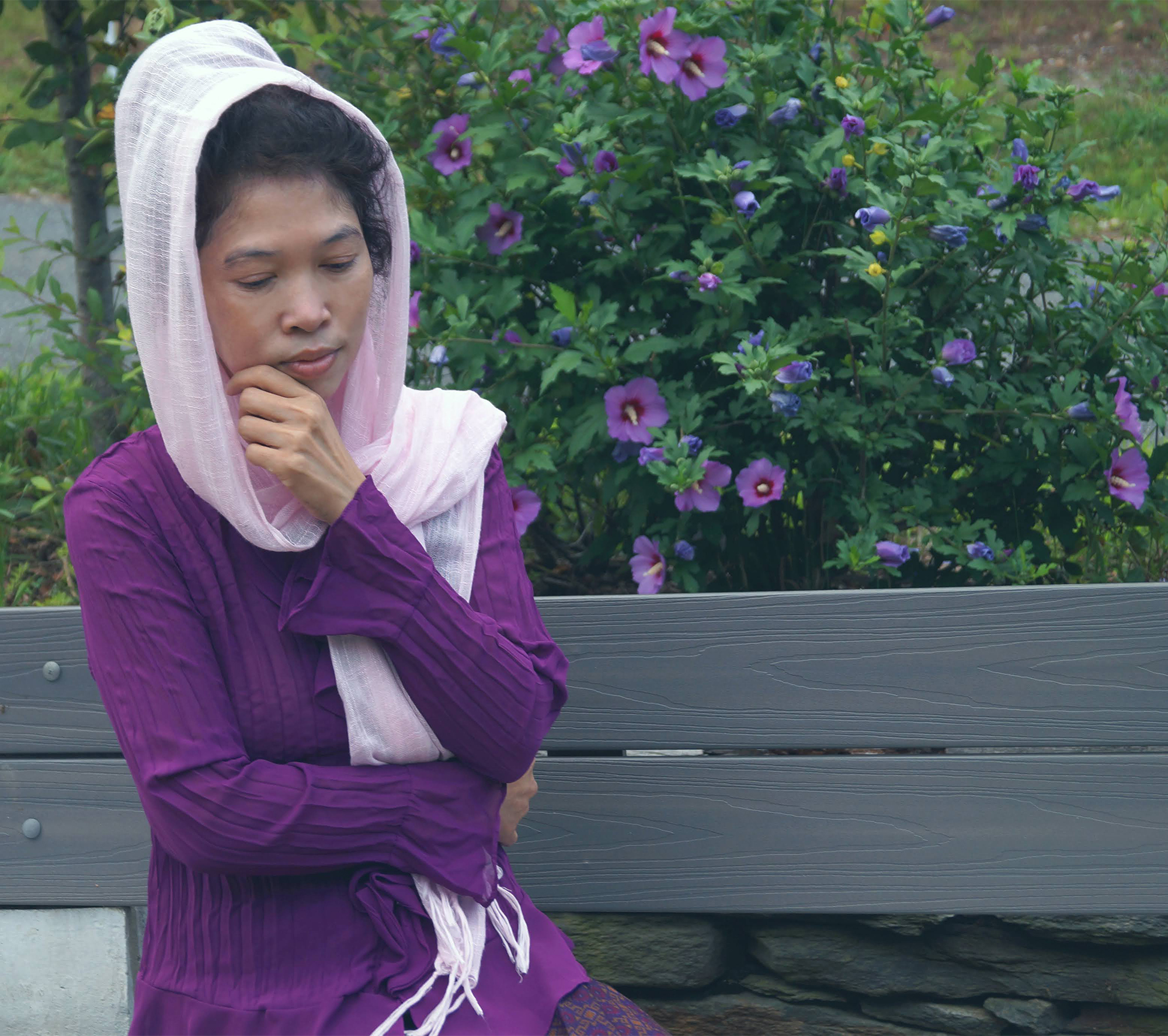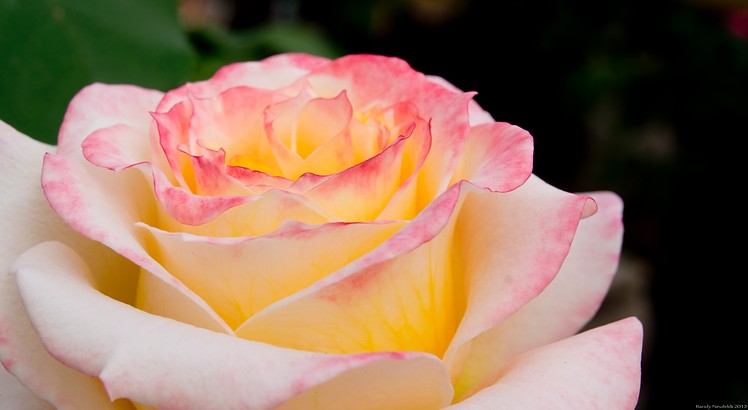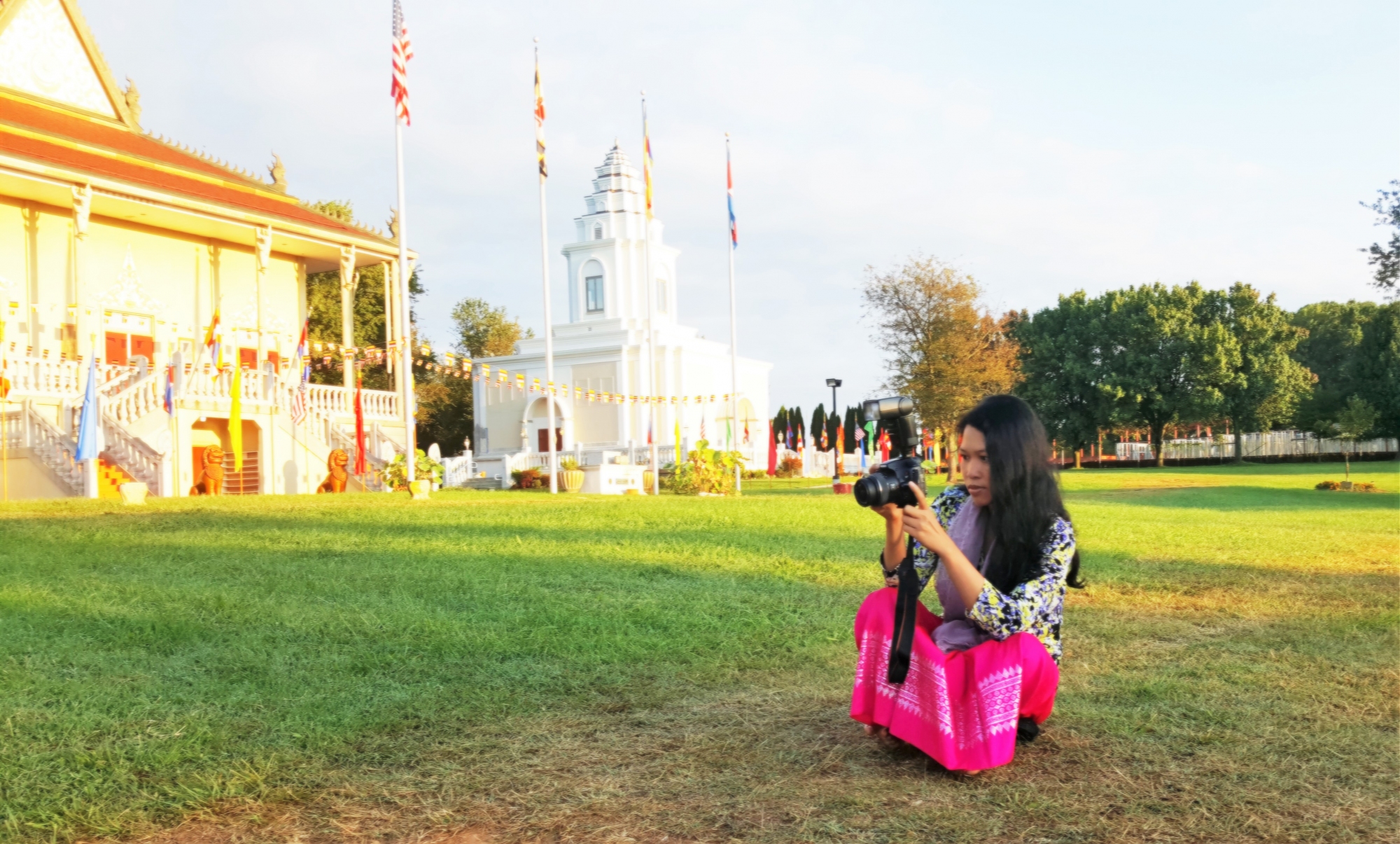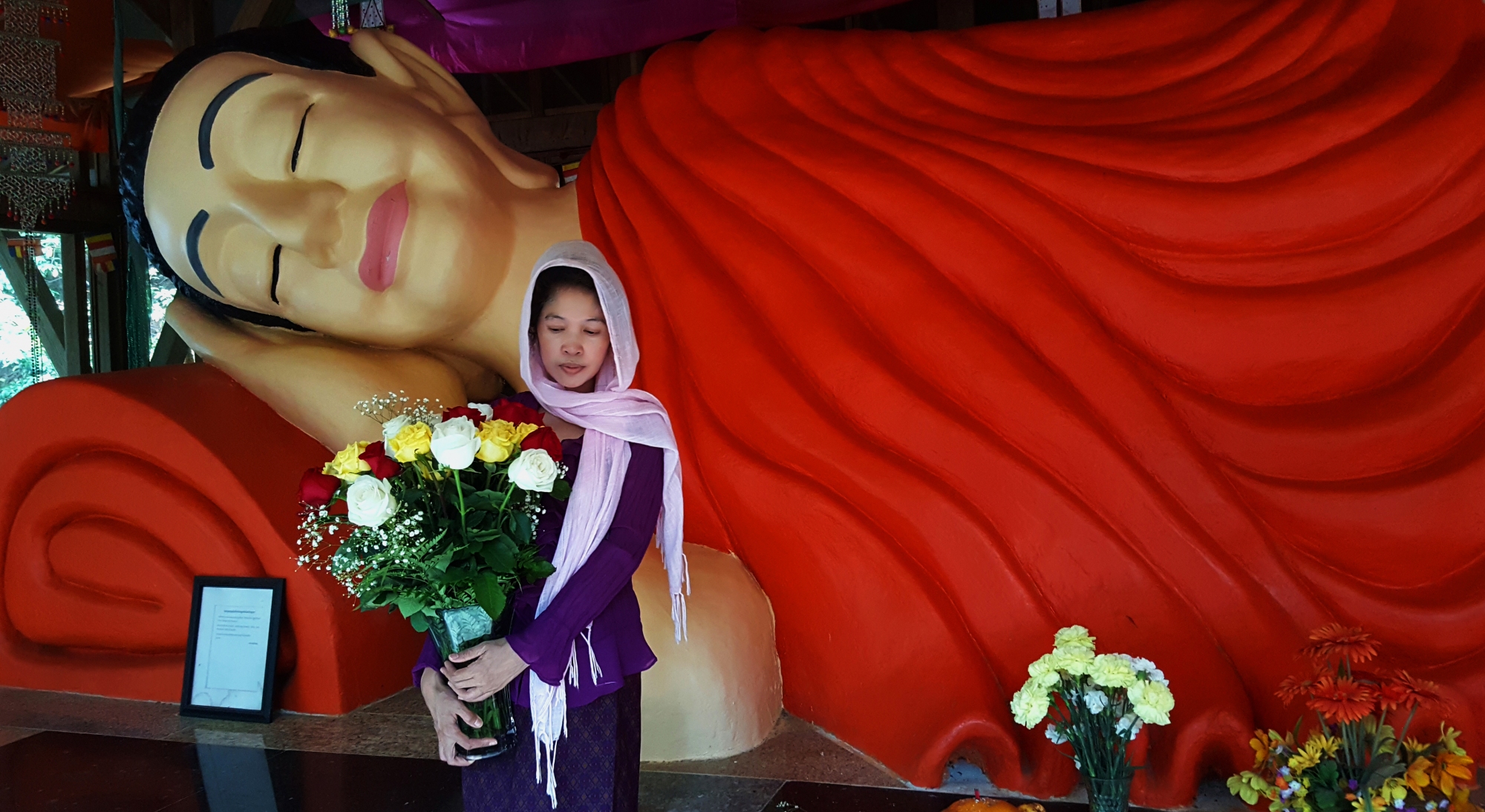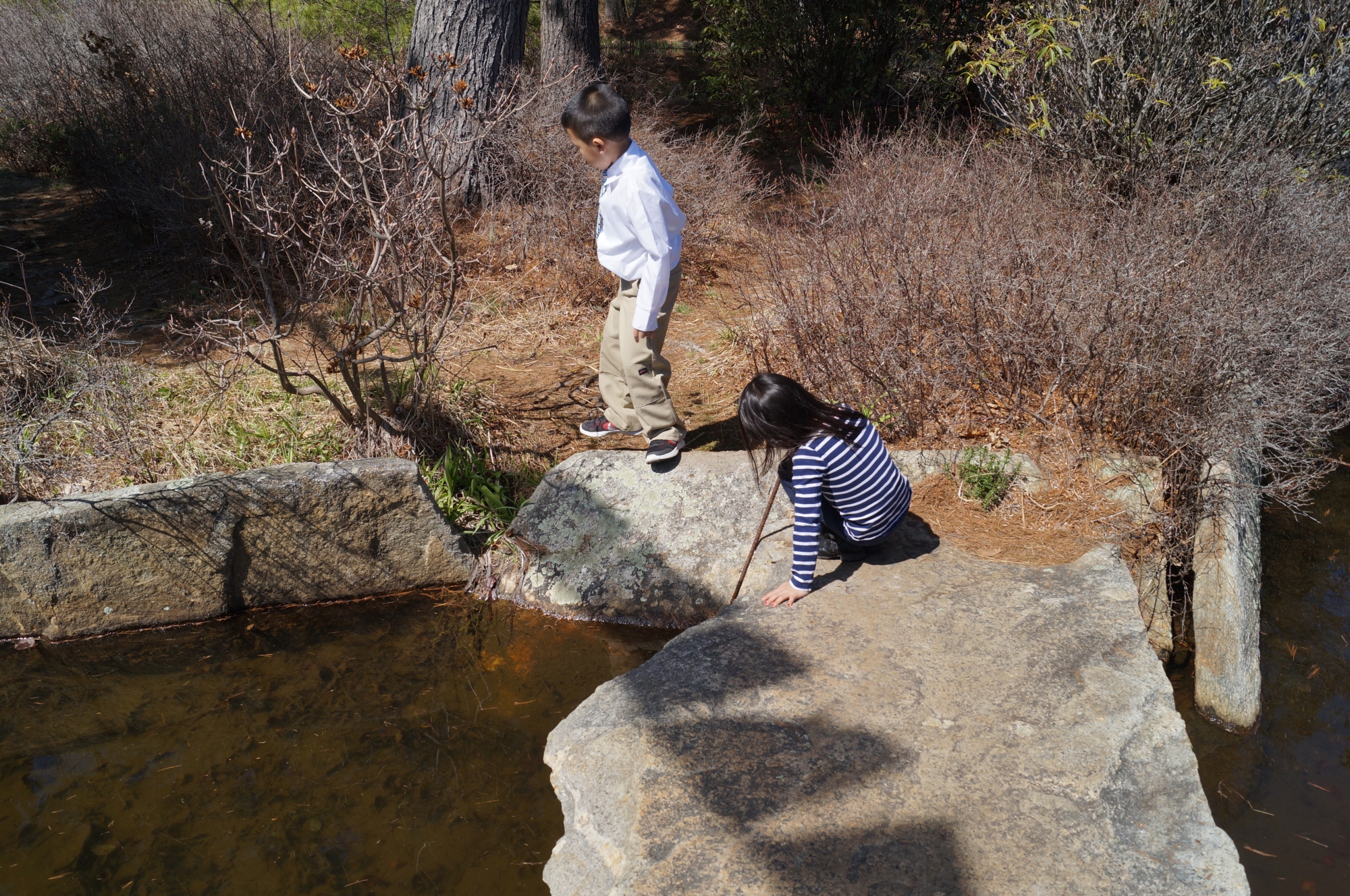The Story of Khanu-Kondanna
Verse 111: Better than a hundred years in the life of an ignorant person, who has no control over his senses, is a day in the life of a wise man who cultivates Tranquillity and Insight Development Practice.
The Story of Khanu-Kondanna
While residing at the Jetavana monastery, the Buddha uttered Verse (111) of this book, with reference to Khanu Kondanna.
Thera Kondanna, after taking a subject of meditation from the Buddha, went into the jungle to practise meditation and there attained arahatship. Coming back to pay homage to the Buddha, he stopped on the way because he was very tired. He sat on a large stone-slab, his mind fixed in jhana concentration. At that moment five hundred robbers after looting a large village came to the place where the thera was. Taking him for a tree stump they put their bundles of loot all over and around the body of the thera. When day broke they realized that what they took to be a tree stump was, in fact, a living being. Then again, they thought it was an ogre and ran away in fright.
The thera revealed to them that he was only a bhikkhu and not an ogre and told them not to get frightened. The robbers were awed by his words, and asked his pardon for having wronged him. Soon after wards, all the robbers requested the thera to admit them into the Order. From that time, Thera Kondanna came to be known as “Khanu Kondanna” (tree-stump Kondanna)
The thera accompanied by the new bhikkhus went to the Buddha and told him all that had happened. To them the Buddha said, “To live for a hundred years in ignorance, doing foolish things, is useless; now that you have seen the Truth and have become wise, your life of one day as a wise man is much more worthwhile.”
Then the Buddha spoke in verse as follows:
Verse 111: Better than a hundred years in the life of an ignorant person, who has no control over his senses, is a day in the life of a wise man who cultivates Tranquillity and Insight Development Practice.
Dhammapada Verse 111
Khanu Kondannatthera Vatthu
Yo ca vassasatam jive
duppanno asamahito
ekaham jivitam seyyo
pannavantassa jhayino.
Source: Tipitaka



